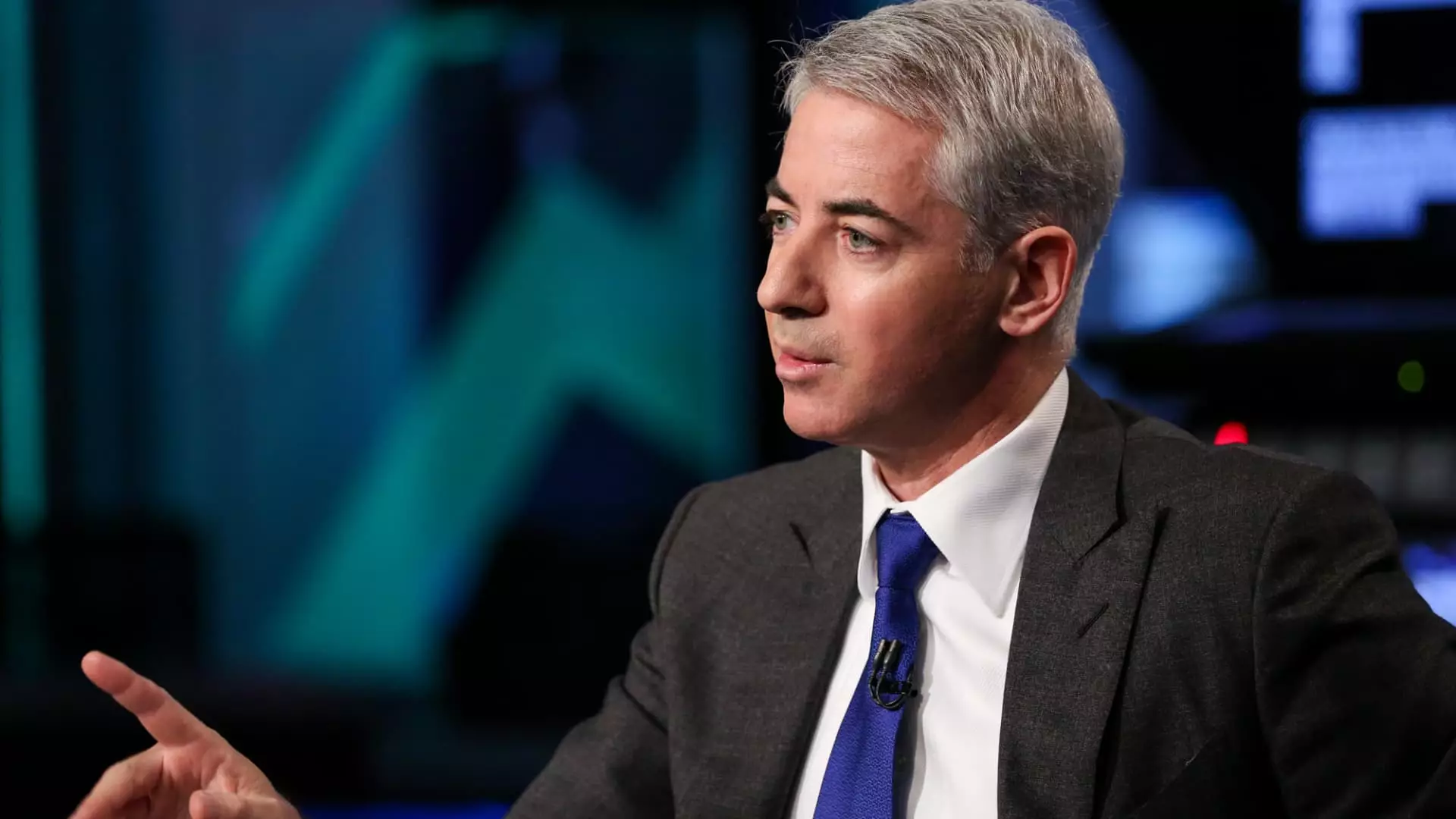Billionaire investor Bill Ackman has decided to postpone the highly anticipated listing of Pershing Square’s U.S. closed-end fund. This decision was communicated through a notice on the New York Stock Exchange’s website. The initial public offering of Pershing Square USA Ltd., with the ticker PSUS, has been delayed with no specific date announced for the future listing. This development comes after Ackman revealed plans to raise $2.5 billion to $4 billion for the fund, significantly lower than the initially targeted $25 billion. Pershing Square has chosen not to provide further comments on the matter, leaving investors and analysts speculating about the reasons behind the delay.
Closed-end funds operate by selling a fixed number of shares during their IPO, which are subsequently traded on market exchanges. Unlike open-end funds, the price of a closed-end fund does not always align with the net asset value of its shares, leading to potential discrepancies such as trading at a premium or a discount. Ackman acknowledged the sensitivity surrounding the size of the transaction, as well as the historical negative trading patterns associated with closed-end funds. In a letter to investors dated July 24, Ackman emphasized the need for a leap of faith and thorough analysis for investors to perceive the potential value of the closed-end company following its IPO. This cautious approach highlights the complexities and challenges of launching a closed-end fund in today’s market environment.
Pershing Square’s Asset Management
With $18.7 billion in assets under management as of June, Pershing Square is a significant player in the investment industry. The firm predominantly manages capital through Pershing Square Holdings, a $15 billion closed-end fund trading in Europe. Ackman’s current endeavor involves introducing a similar closed-end fund on the New York Stock Exchange, laying the groundwork for a potential IPO of his management company. The decision to take Pershing Square public is viewed as a strategic move to engage with a broader audience of retail investors, leveraging Ackman’s substantial social media following. Additionally, the newly proposed closed-end fund is expected to focus on investing in 12 to 24 large-cap, investment-grade companies with a long-term growth outlook in North America.
In a public roadshow presentation, Ackman emphasized the benefits of managing permanent capital compared to traditional hedge funds. He highlighted the challenges associated with the constant influx and outflow of capital in hedge funds, which can disrupt investment strategies and performance. By managing permanent capital, Ackman aims to maintain a more concentrated portfolio and adopt a long-term approach to his investments. This strategic shift allows him to focus on the fundamental value of businesses and avoid short-term market fluctuations that may impact returns negatively. Ackman’s decision to pivot towards managing a closed-end fund reflects his commitment to sustainable growth and stability in an ever-changing financial landscape.

